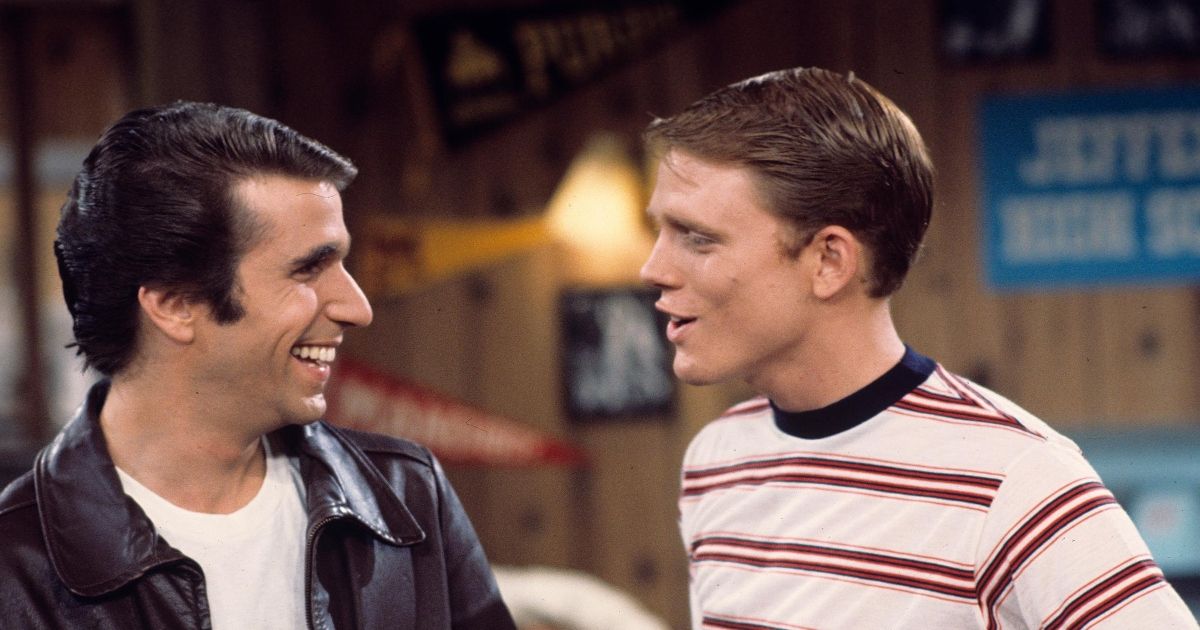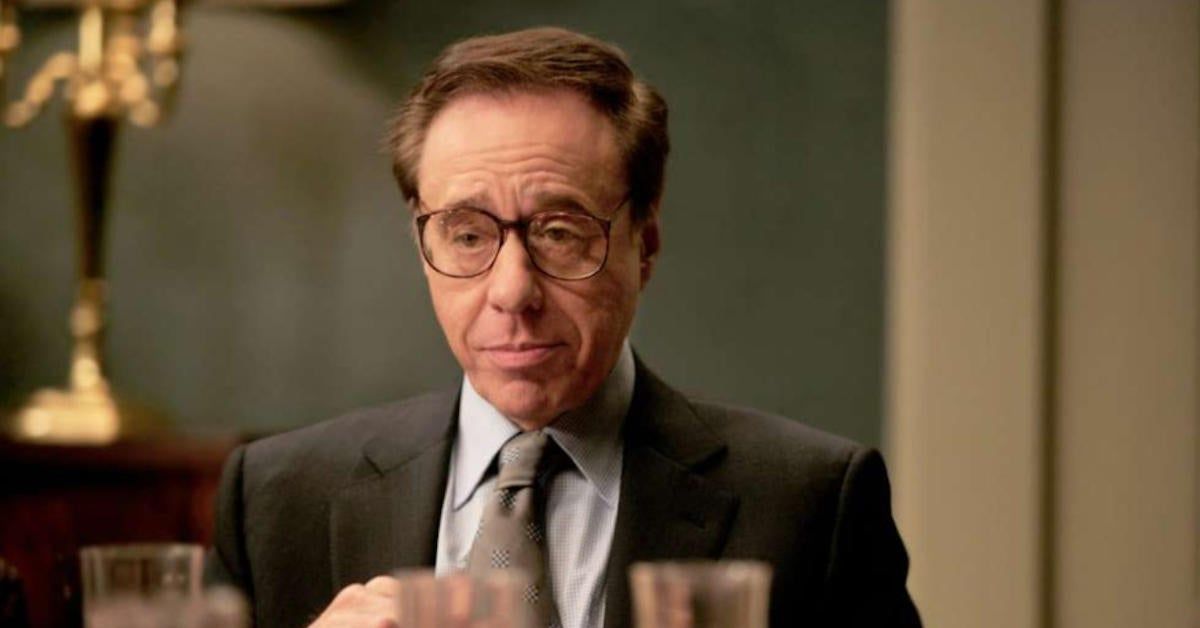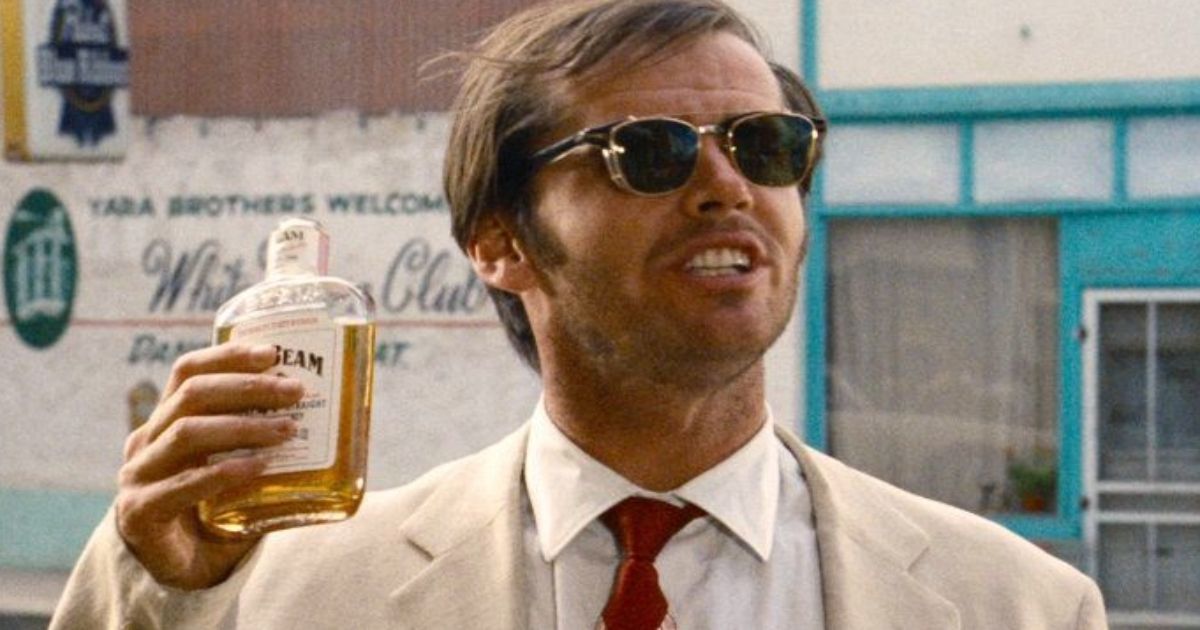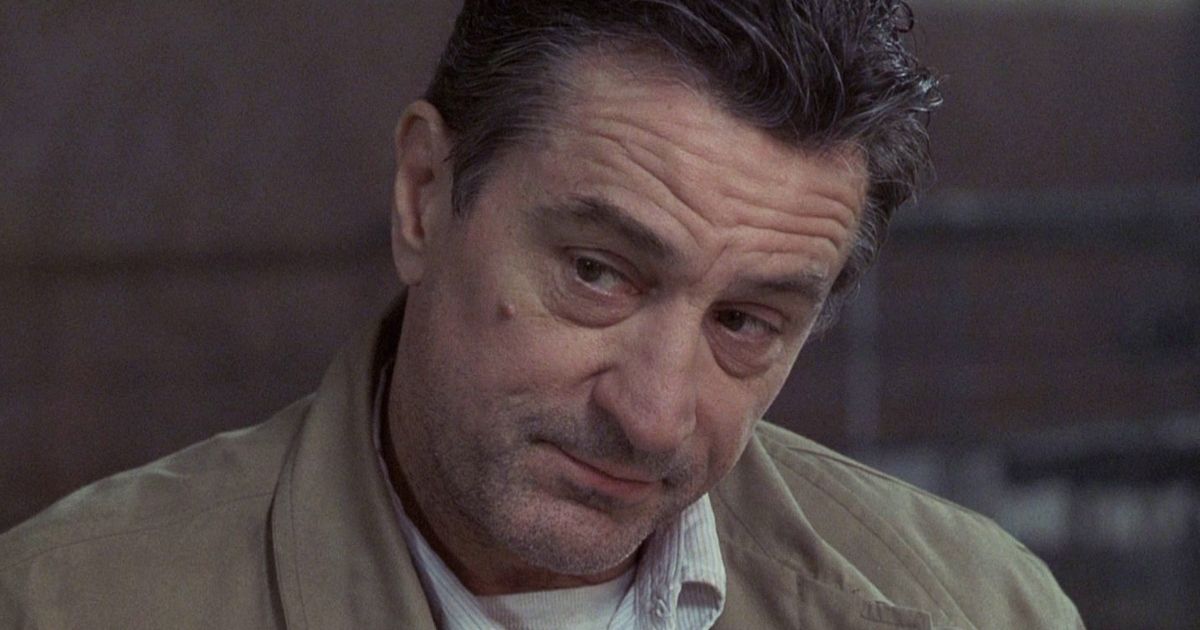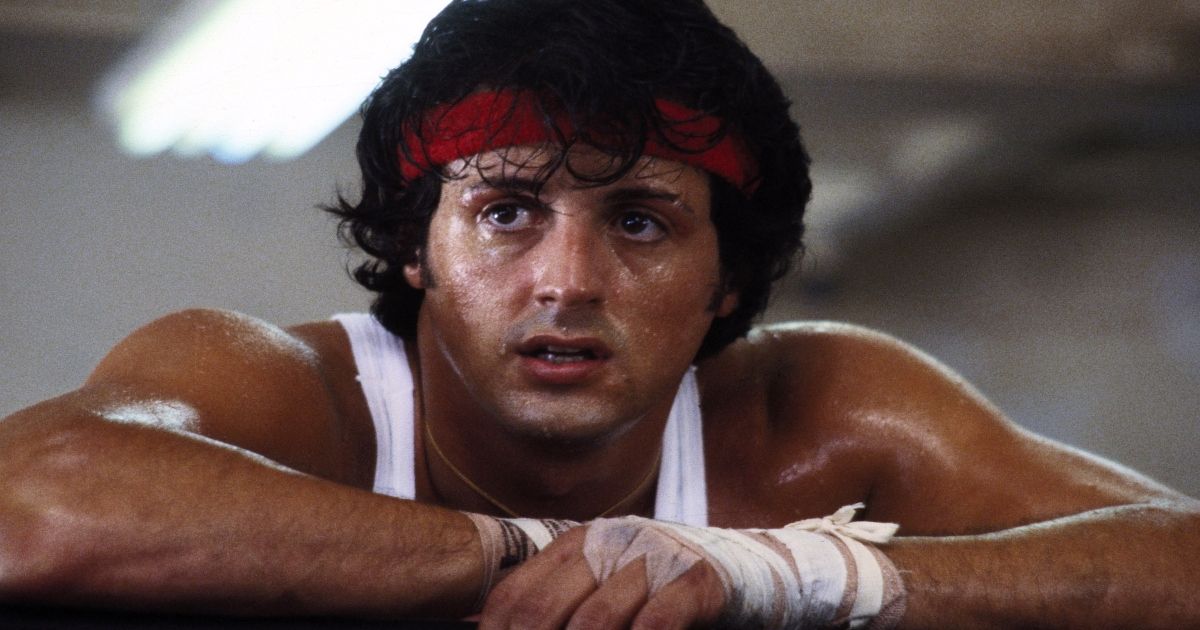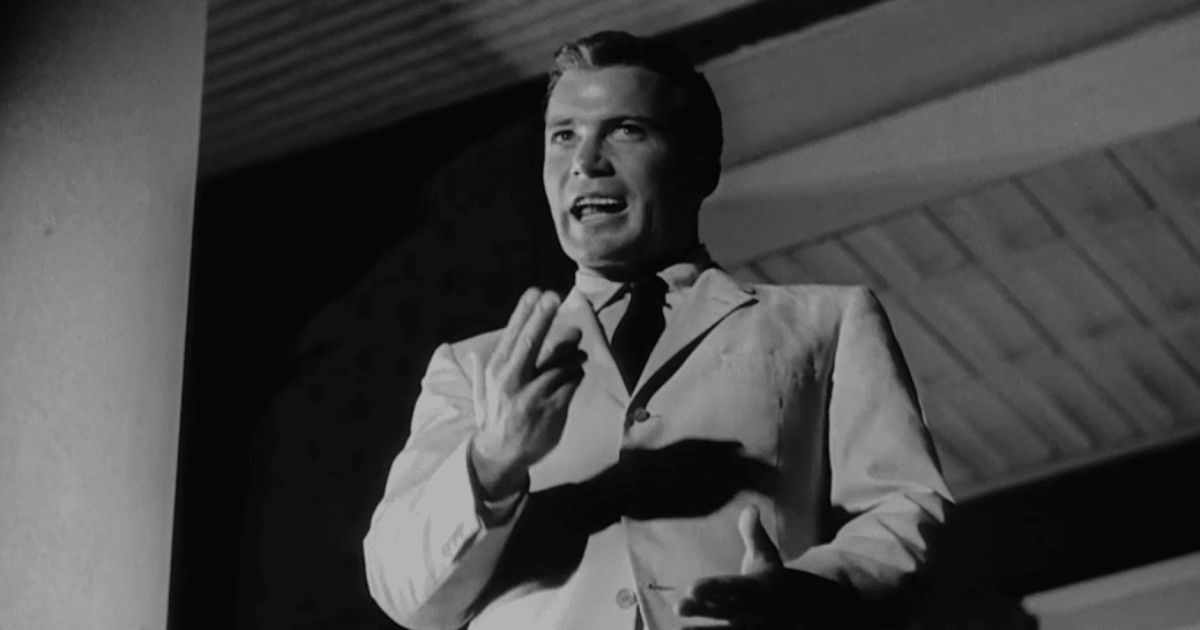Film director and producer Roger Corman, named “The Pope of Pop Cinema” by Portland Center Stage, is responsible for igniting the careers of many worldwide stars and directors. Without Corman’s eye for talent, audiences wouldn’t have the works of Martin Scorsese, Ron Howard, or Francis Ford Coppola. But Corman, despite his knack for recognizing hidden stars, started out studying engineering.
According to East of Borneo, after securing a job as an engineer, Corman recognized that he’d made a “terrible mistake.” He quit four days after he started and aspired to work in film, which he eventually achieved as a messenger in the mailroom at Twentieth Century Fox. East of Borneo reports that “Corman’s obsession with efficiency — literally inventing new industry standards, mostly in the interest of turning a profit — would influence nearly every movie bearing his name as director or producer.” Corman could predict what his movies would make and what kind of movies would turn a profit.
Knowing what stories would be a success, Corman produced his first manuscript The House in the Sea, and never looked back. Corman developed an interest in producing independent films and projects that were low-budget. Corman went on to adapt multiple Edgar Allen Poe stories, most with the great Vincent Price, and to release films like Little Shop of Horrors and Teenage Caveman. Director Martin Scorsese says that Corman’s initial films “may not have been all great films, but we knew there was something happening behind the camera.” Sylvester Stallone tells Entertainment Weekly that Roger Corman “was a launching pad who allowed a lot of unguided missiles to be launched into space.” Corman certainly knew what audiences were looking for and who in the arts would satisfy their appetite for stories. Here are just some major careers that Roger Corman helped create.
Martin Scorsese
Roger Corman unintentionally established a sort of “film school” for actors and directors that taught relatively unknown artists the tricks of the trade. Scorsese got a job editing a film for Roger Corman after he edited the 1970 documentary film Woodstock. According to Entertainment Weekly, Scorsese got paid scale but the experience was worth it because it taught him how to make a film. Corman taught Scorsese efficiency, the act of filming a full movie in three days, and how to produce good movies cheaply.
Francis Ford Coppola
The great Francis Ford Coppola also started off editing B-films until he ended up as Corman’s jack-of-all-trades assistant. When Corman finished a movie called The Young Racers and had money left over, he offered the remaining budget to Coppola to make a rip-off of Psycho. The cheap slasher flick was called Dementia-13 and showcased Coppola’s eye for gothic elements. Because of Corman, both Scorsese and Coppola came out of background jobs and landed in the seat of director, writer, and producer.
Ron Howard
Ron Howard was well-established in the acting world with his childhood role in The Andy Griffith Show and later as an older star in Happy Days, but at 21 Howard was interested in directing. According to Entertainment Weekly, Roger Corman “was the only person who would have a serious conversation about directing with someone of [Ron’s] age.” Corman suggested that Howard take the main role in his new movie Eat My Dust and in return, he would consider Howard’s script Tis the Season with some limitations. When Eat My Dust became a hit, Corman offered Howard the opportunity to write and direct Grand Theft Auto, which became Howard’s first position as director.
Peter Bogdanovich
In the 1960s, the late great Bogdanovich worked as a film critic and wrote articles on films for Esquire, The Saturday Evening Post, and Cahiers du Cinema. Bogdanovich scored invitations to film premieres and at one of these events sat near Roger Corman. Corman expressed interest in Bogdanovich’s articles and offered Bogdanovich a position a directing job on the 1968 picture Targets. Bogdanovich told Movie Maker that he went from “doing laundry to directing the picture in three weeks.” He went on to make several successful films afterward including The Last Picture Show, What’s Up, Doc, and Paper Moon.
Jack Nicholson
The famous and beloved The Shining actor got his big break due to Roger Corman. Corman cast him in the low-budget teen film The Cry Baby Killer and Nicholson became a staple in Corman’s projects. Nicholson went on to have parts in The Little Shop of Horrors and The Raven. According to IGN, Nicholson says that Corman was “the lifeblood to whatever he thought he was going to be.” Because Corman saw Nicholson’s potential back in 1958, Nicholson went on to star in his big break Easy Rider and never looked back.
Robert De Niro
Another staple in American cinema and a household name, De Niro got his big break because his mentor and friend, Shelley Winters, recommended him to Roger Corman. Corman was developing the 1970 film Bloody Mama which follows a corrupt mother, played by Winters, who organizes the criminality of her children. This early role would solidify De Niro’s opportunities in the films of Martin Scorsese and Francis Ford Coppola.
Sylvester Stallone
The Rocky star (and writer) also found his way into Hollywood via Roger Corman’s guidance. Before his more major roles in Roger Corman’s Capone and Death Race 2000, Stallone contemplated giving up acting because he had only achieved small parts. But, according to IGN, Stallone’s opportunities with Corman was “the only unofficial college of the arts where you got to learn filmmaking for free by the master.” Stallone goes on to say that if he hadn’t accepted parts in Corman’s films, he “probably wouldn’t be where [he is] today.”
William Shatner
Shatner didn’t start his career because of Roger Corman, but the master director and producer played a big hand in debuting his film career. Shatner starred in Corman’s 1962 project The Intruder, and by 1966 he was cast in one of his most iconic roles as James T. Kirk in Star Trek. Corman secured Shatner’s later roles in B-movies, such as one of his own called Big Bad Mama. Like the careers mentioned above, Corman assured that Shatner would have an iconic and lasting career.
Roger Corman is correctly called “the pope of pop cinema.” Corman has established the careers of many iconic directors and actors that have produced memorable work due to Corman’s belief in them. This year, Corman is 96 and has not produced any films since the 2018 movie Death Race: Beyond Anarchy, but remains a legend in Hollywood and cinema history.

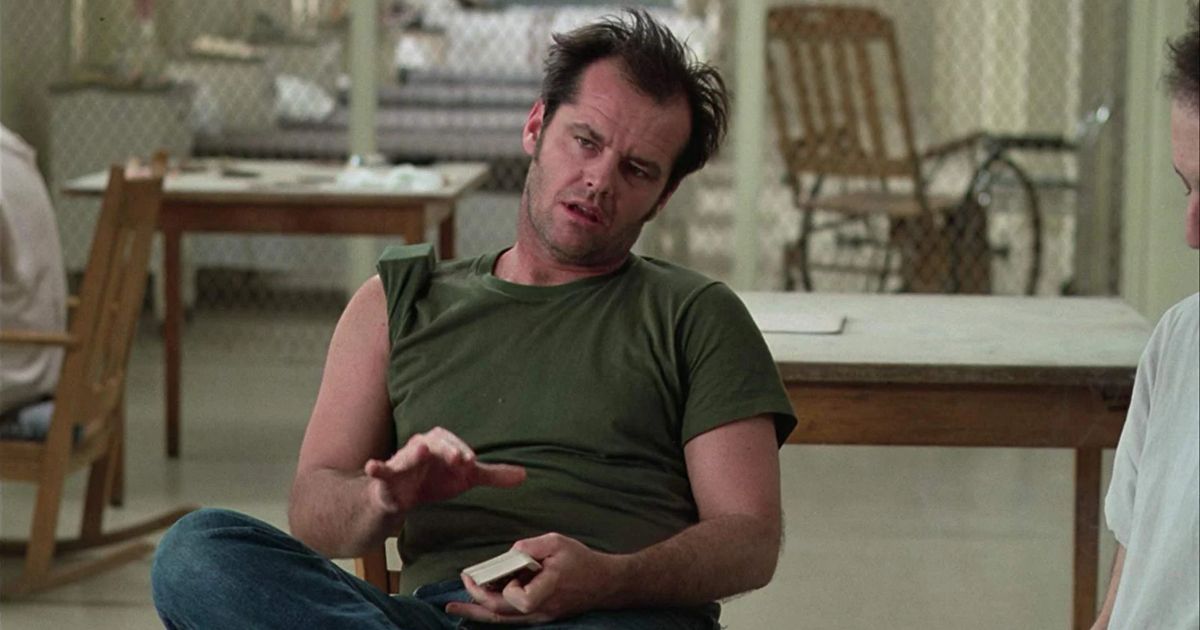
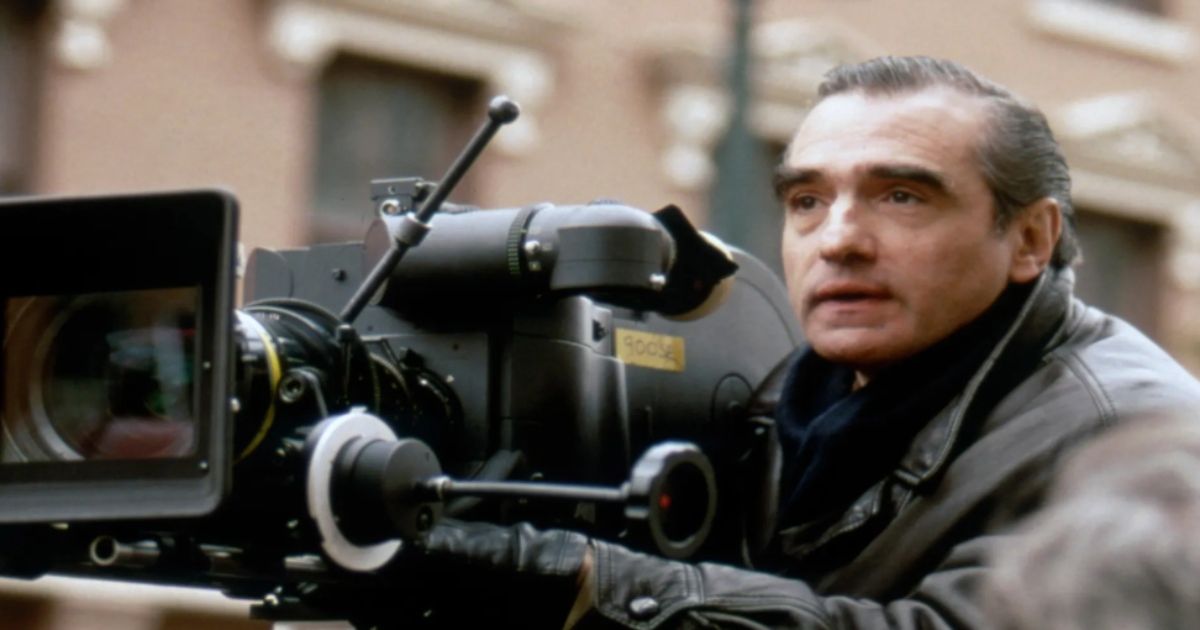
.jpg)
